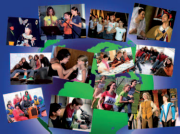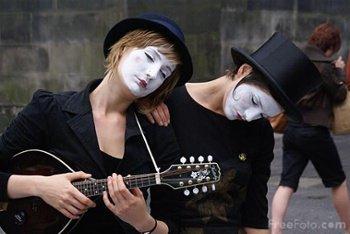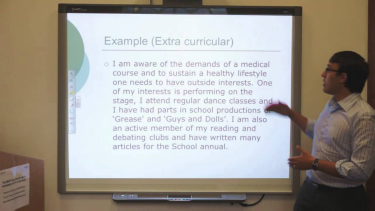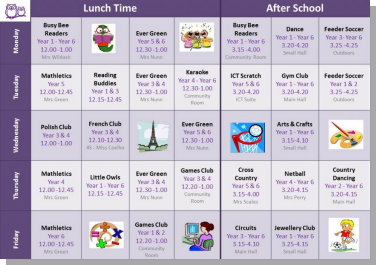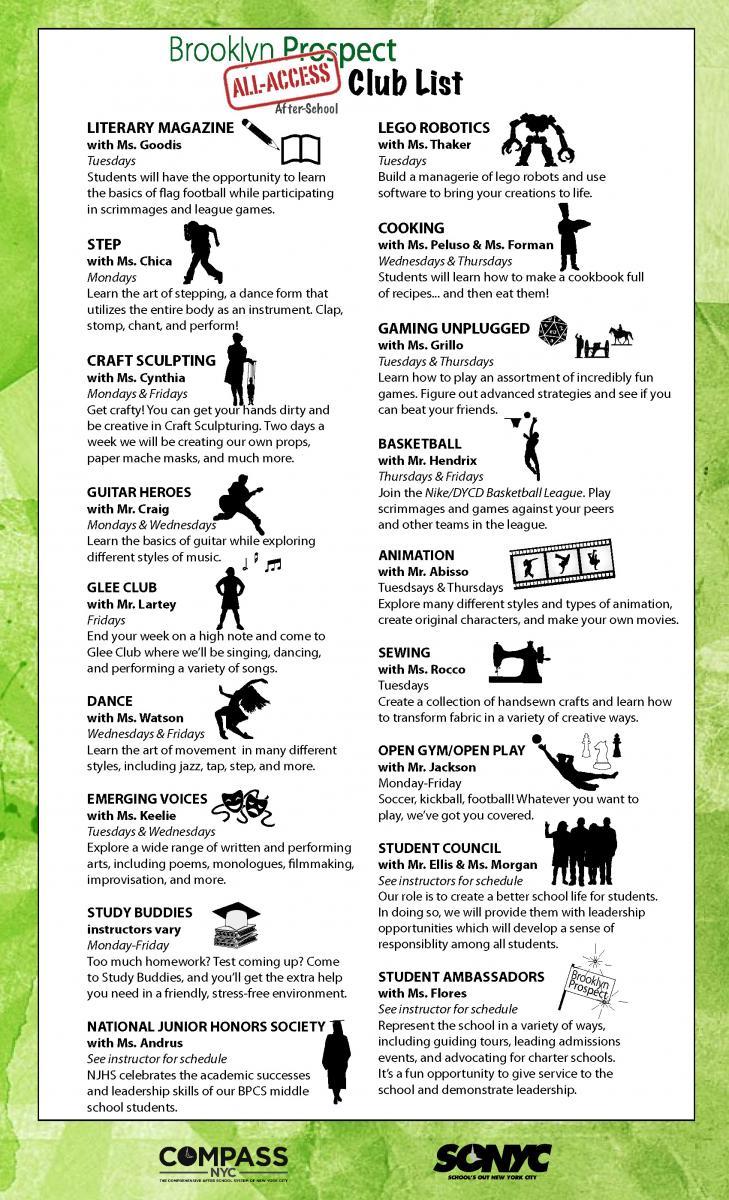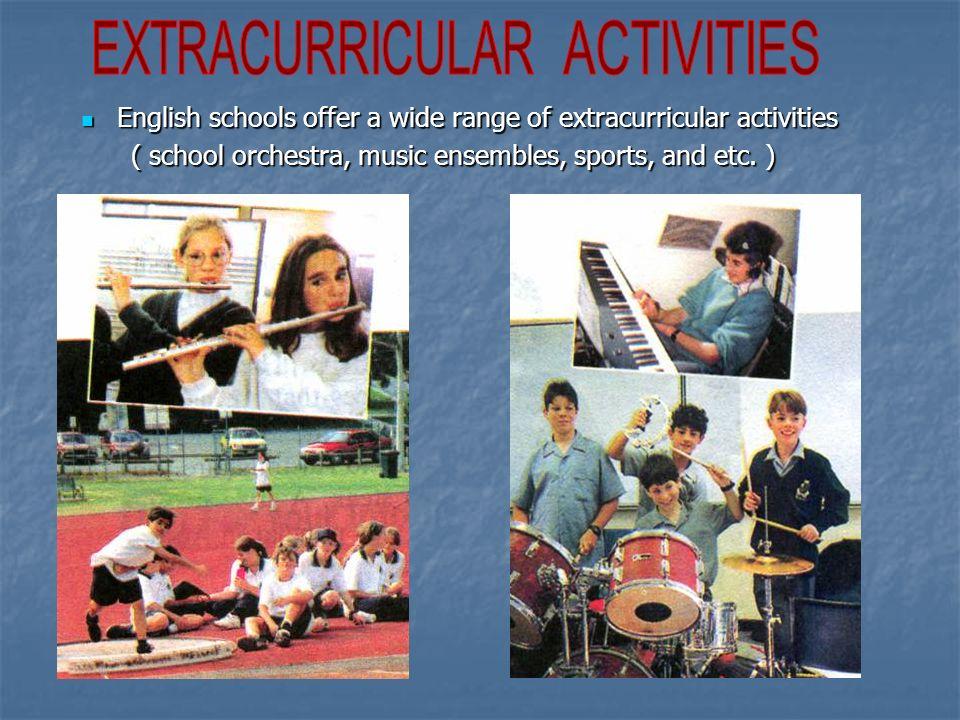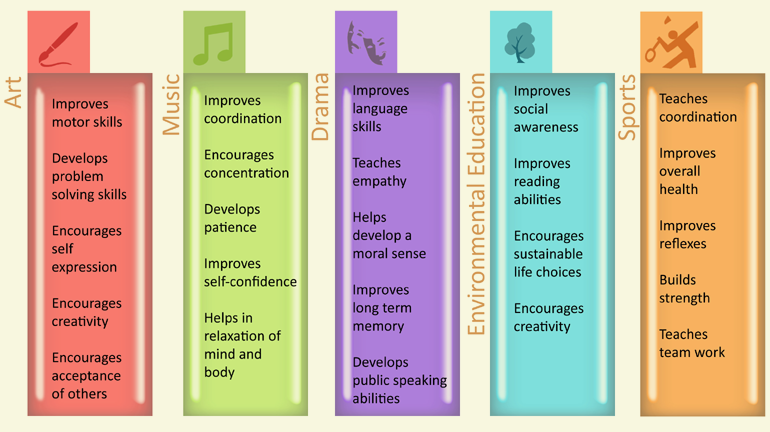Lesson 5. Extra-curricular activities
The aim of the lesson:
Objectives:
• to acquaint PP with the extra-curricular activities of PP in the UK and USA
• to give practice in listening for specific information and writing
• to give PP the opportunity to personalise the topic and to provide oral practice
Educational: - According to the lesson’s educational purpose improve pupils’ personal qualities like behavior, education etc. to improve pupils’ ideal-political knowledge, to form their developing skills and abilities.
Developing: According to the lesson’s educational purpose develop pupils’ personal skills, English learning, motivational skills, develop pupils’ self-educational skills, analyzing and systematizing skills of knowledge, develop to report own ideas, communicative skills.
С1, C2, C3, C4, C5, C6 Learning outcomes for competences in English:
- By the end of the lesson pupils will be able to speak about intteligence, effort and success Pupils will be able to pronounce words
- By the end of the lesson, pupils will be able to understand to learn phrases for the theme and use them in small situations
- By the end pupils will able to to enable pupils to understand and perform commands, to enable pupils to learn Extra-curricular activities.
Linguistic competence: At the end of the lesson pupils will be able to improve Listening and speaking, reading and writing
Sociolinguistic competence: - raise awareness of your pupils organizing and scheduling events
Pragmatic competence: - to enable pupils to find and use learned materials in different situations
Equipments: “English” pupil’s book 9, handouts, DVD, technical aid, a blackboard and a piece of chalk.
The method of the lesson: untraditional.
Warm-up:
This is an optional activity – only do it if you think you will have time.
Each P draws a picture of his/her hobby. After five minutes the teacher collects
all the pictures and sticks them on the BB. Ask a P to read his/her description.
The other PP look at the pictures on the blackboard and ask each other about
any words for hobbies that they do not know in English.
Procedure of the lesson:
I. Organizing moment: Motivation,Greeting, checking attendance, season, weather, checking the preparation for the lesson.
II. Asking homework:
- Check for homework given on past lesson.
Ask pupils all new words learnt on previous lesson.
III. Presentation -Explain new theme : Extra-curricular activities.
Main part of the lesson:
Activity 1 Look and say who you can see and what they are doing.
Objectives: to introduce the theme; to revise vocabulary that PP already know
PP look at the pictures and say who the people are, what they are doing, where they are, if they have ever done any of these things.
Answer Keys: a visit to a factory, a school play, a school excursion
Activity 2a Read about extra-curricular activities in the USA and the UK and say which are the same in your school.
Objectives: to acquaint PP with the UK and USA extra-curricular activities
and to compare them with activities in Uzbekistan; to present vocabulary to describe extra-curricular activities PP look at the pictures, read about extra-curricular activities in the UK and the USA then compare with Uzbekistan.
| Field trips: geography, biology, modern languages, history Other trips: museum, exhibition, factory, monument, theatre, cinema, castle, France School clubs: sports, photography Activities: video, debating, choir, dance, radio, school, newspaper, drama, orchestra |
Activity 2b Listen and say which clubs/activities Lucy goes to.
Objective: to give practice in listening for specific information
Tell PP that they are going to hear a CD of a pupil talking about her extracurricular activities. Ask PP to listen and answer the question.
| CD script: Hi! I’m Lucy. Thanks for listening to the school radio. I want to tell you about some really fun things you could be doing here at school. Maybe you’re like me. You like watching TV. If your parents are at work and there is no one at home to encourage you to do something active, you get comfy in front of the TV and stay there for hours just resting and relaxing. uh huh. Well, I was a couch potato too until my friend Emma told me about these great things I could be doing. I’m having such a good time now I want to share this news with you. The school organises activities for us to do in our free time after school and at the weekend. They’re really great! I’ve learnt such a lot and made good friends. I’ve never been bored, I’m always busy. Did you know that there’s a video club, a modern dance club, a tennis club and a local history club in our school? I’m a member of the school video club. We watch films and sometimes also make films when school has finished at 4 o’clock.. Let’s see. I’ve learned to use the projector and once a month I’m responsible for showing the film. When I finish secondary school, I hope to go to university and, if I can show I have already made some short films, it will help me to get a place at university. Our teachers help and supervise the clubs in their free time. For example in the local history club. they organise visits to local industry. These visits may be to a power station, a factory or. or the local newspaper office. We write about the visits in class. A lot of us are in sports clubs too. Being part of the badminton team is fun and keeps us fit and looking great. So – you too could have all this fun. Just join any of the clubs today – and see for yourself! Hope to see you there! |
Activity 2c Listen again and look at the list of advantages of clubs/activities. Say which of the advantages Lucy mentions.
Objective: to give practice in listening for specific information
Ask PP to listen again and take notes about the advantages of going to a club that Lucy mentions. Ask PP to compare their answers in pairs and then as the whole class.
Clubs are good because we can:
• learn to work in a team
• make the best of our time
• have fun
• be more active
• learn to take responsibility
• learn interesting things
• prepare for our future life
Activity 2d Work in pairs. Answer the questions.
Objective: to give PP the opportunity to personalise the topic and to provide oral practice
Ask PP to talk about questions 1 – 4 in pairs and then compare answers with the whole class.
Suggestion: If you have a faster class and have some time left, you could give
them some practice in freer writing. Ask PP to make two more sentences of
their own on the topic “How to spend your free time”.
1 Which clubs do you belong to?
2 What are the advantages, in your opinion?
3 What is your role in the club?
4 What could you do to be more active in the club?
Activity 2e Report.
Objective: to give PP the opportunity to personalise the topic and to provide oral practice
Ask PP to talk about questions 1 – 4 in pairs and then compare answers with the whole class.
Suggestion: If you have a faster class and have some time left, you could give
them some practice in freer writing. Ask PP to make two more sentences of
their own on the topic “How to spend your free time”.V.Homework: Go through the instructions in the classbook with PP. Ask one or two stronger
PP to make some example sentences. PP write a plan for a new school club.
1 Write a plan for a new club in your school.
e.g. Our club will be called the.
Our aims are: to have fun, to.
We will meet.
We will organise the following activities:.
Our leader will be.
We hope to find. members.
Members will have the opportunity to.



